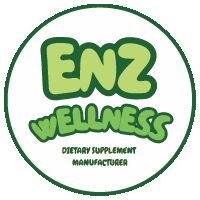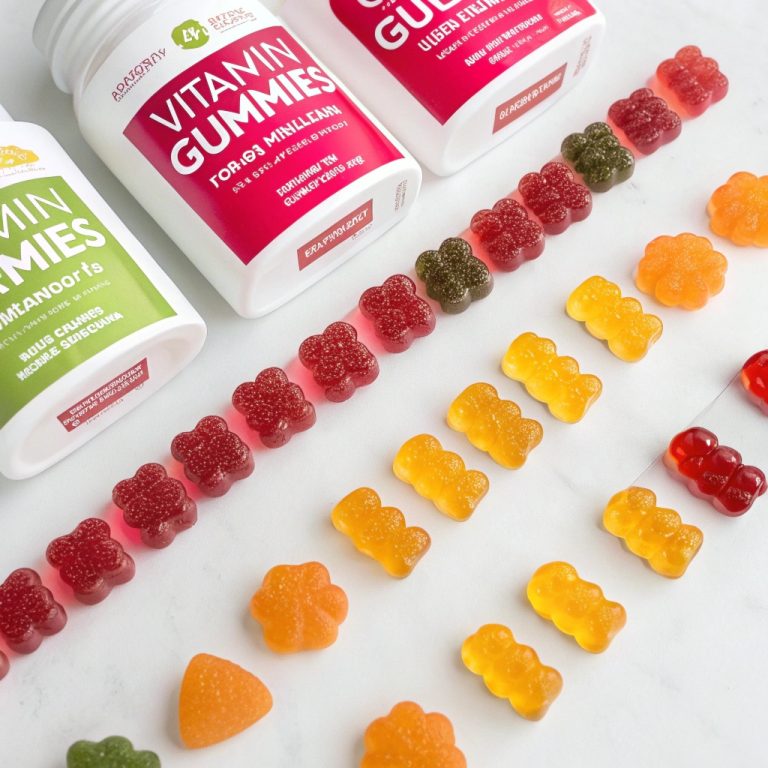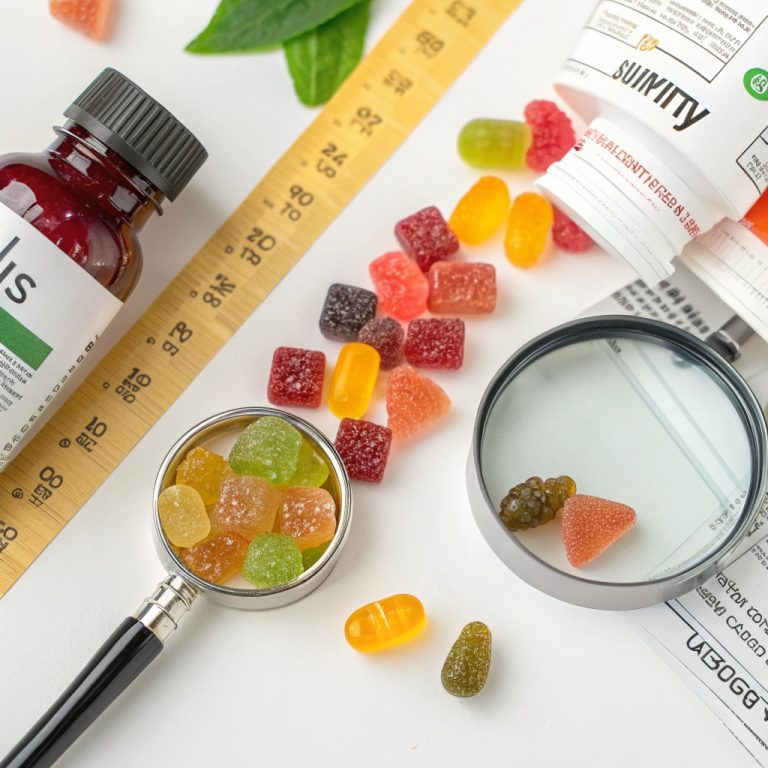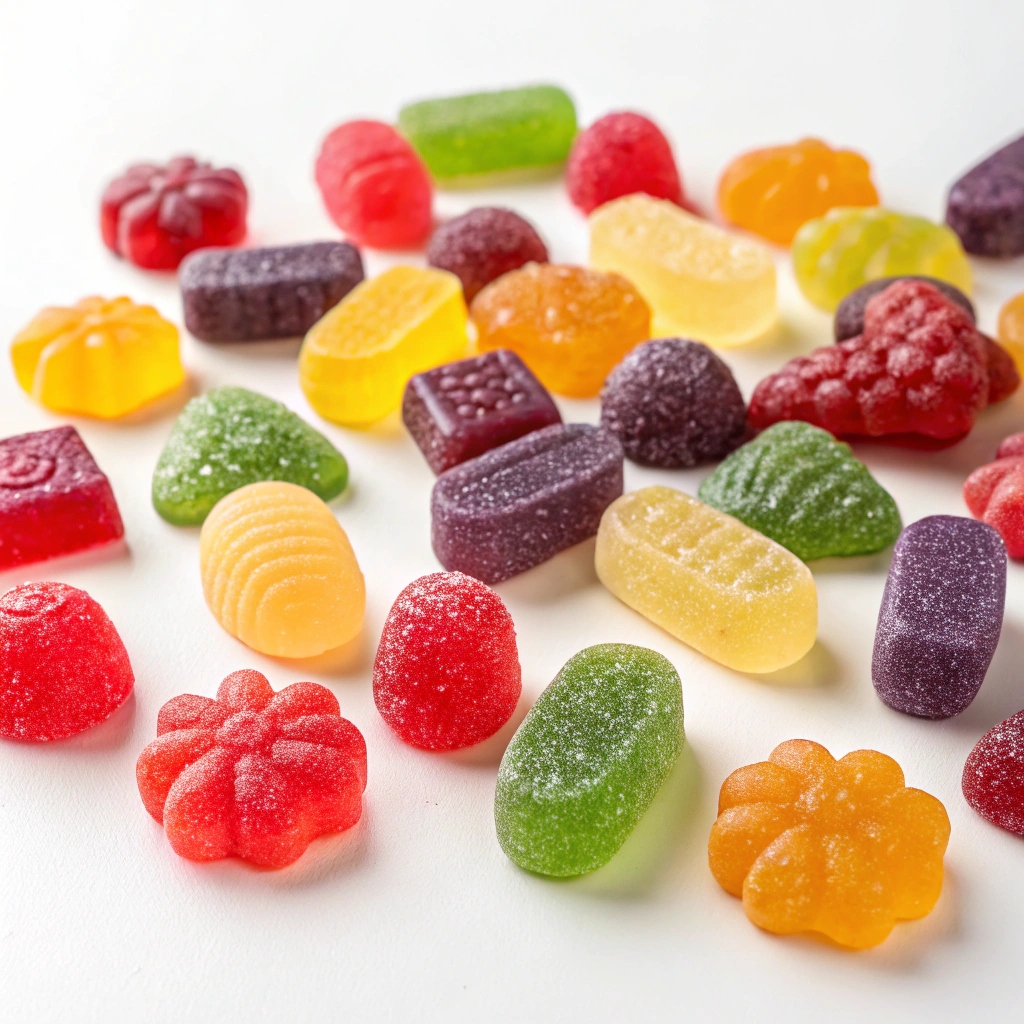Choosing the wrong gummy vitamin manufacturer leads to unstable formulas, poor taste, compliance risks, and expensive recalls. These issues damage your brand and delay your product launch. The solution is choosing a reliable gummy vitamin manufacturer that provides safety, consistency, and professional formulation support. This guide explains gummy product categories, pectin vs. gelatin differences, and vegan gummy options to help you make the right choice.
🟩 What Types of Products Does the Gummy Manufacturing Service Cover?
A professional gummy vitamin manufacturer usually provides a wide range of supplement types, extending far beyond basic vitamin gummies. Modern consumers demand better taste, clean-label ingredients, functional benefits, and attractive textures, which drives manufacturers to develop diverse product lines.
1. Traditional Vitamin Gummies
These remain the largest category. Popular options include:
-
Vitamin C gummies
-
Multivitamins
-
Vitamin D3
-
B-complex & zinc gummies
They support immunity, bone health, daily nutrition, and overall wellness. Top manufacturers ensure precise nutrient dosage and stable flavor retention across the product lifecycle.
2. Functional Gummies
These formulas are designed for targeted benefits, such as:
-
Sleep gummies (melatonin + botanicals)
-
Beauty gummies (biotin, collagen boosters)
-
Probiotic gummies for gut health
-
Apple cider vinegar (ACV) detox gummies
-
Energy gummies featuring caffeine or B-vitamins
These require careful heat control, ingredient interaction management, and efficacy testing.
3. Children’s Gummies
Kids’ supplements require:
-
Mild natural flavors
-
Low allergen formulations
-
Strict shape controls
-
Precise child-safe dosages
A qualified manufacturer uses accurate depositing and consistent testing.
4. Private Label & Custom Formulations
This includes:
-
Custom nutrient blends
-
Special shapes & natural coloring
-
Sugar-free formulas
-
Organic or herbal formulas
-
Unique functional combinations
Manufacturers offer R&D support, raw material sourcing, sample development, and label-claim guidance.
5. Organic, Clean-Label & Certified Gummies
Includes:
-
Organic-certified gummies
-
Non-GMO gummies
-
Halal and kosher gummies
-
Vegan gummies
-
Gluten-free or allergen-free gummies
These require documented traceability, compliant facility audits, and proper certification systems.
6. Specialty Gummies
Higher-end manufacturers also produce:
-
Omega-3 algal oil gummies
-
Soluble fiber gummies
-
Elderberry immune gummies
-
Adaptogen gummies (ashwagandha, ginseng)
-
CBD/hemp gummies (where legal)
-
Keto sugar-free gummies
A full-service manufacturer offers concept-to-market support, including formulation, testing, production, QC, packaging, and export documentation.
🟧 What Is the Difference Between Pectin and Gelatin Gummies?
Understanding pectin vs. gelatin is essential when selecting a gummy vitamin manufacturer because these two gelling systems affect texture, dietary compatibility, stability, and overall consumer experience.
1. Gelatin Gummies
Gelatin is derived from animal collagen (bovine or fish).
Key characteristics include:
-
Chewy, elastic texture
-
Cost-effective
-
Easy flavoring
-
Popular in traditional gummy candy
-
Sensitive to heat and humidity
-
Not suitable for vegan or halal/kosher claims without special sources
Gelatin allows high flexibility in formulation and works well for general multivitamins, collagen gummies, and immune gummies.
2. Pectin Gummies
Pectin is plant-based, extracted from apples or citrus fruits.
Advantages include:
-
Firm, smooth bite
-
Clean-label & vegan-friendly
-
Better heat resistance for global shipping
-
Ideal for natural or organic formulas
-
Premium texture preferred by adults
However, pectin requires stricter pH control and precise cooking conditions, making it suitable only for experienced manufacturers.
3. Summary Comparison
| Feature | Gelatin | Pectin |
|---|---|---|
| Source | Animal | Plant-based |
| Texture | Chewy, elastic | Firm, smooth |
| Heat resistance | Lower | Higher |
| Vegan-friendly | No | Yes |
| Cost | Lower | Higher |
| Best for | General vitamins | Premium / vegan gummies |
A professional gummy vitamin manufacturer will recommend the best option based on climate, shipping, branding goals, and ingredient sensitivity.
🟨 What Kind of Gummies Can Be Vegan?
Vegan gummies are becoming one of the fastest-growing segments in the supplement industry. To qualify as vegan, gummies must avoid animal-derived gelatin and instead use plant-based gelling systems.
1. Vegan Gelling Ingredients
Common vegan-friendly alternatives include:
-
Pectin (most widely used)
-
Agar agar
-
Carrageenan
-
Modified starch systems
Among these, pectin is favored for its heat stability, clean-label appeal, and fruity texture.
2. Popular Vegan Gummy Categories
Almost all gummy supplement categories can be made vegan, including:
-
Vegan multivitamins
-
Vegan Vitamin D3 (lichen source)
-
Vegan omega-3 gummies (algal oil)
-
Vegan probiotic gummies
-
Vegan collagen boosters (biotin & vitamin C blends)
-
Hair/skin/nail vegan formulas
-
Sleep gummies
-
Elderberry immune gummies
-
ACV detox gummies
3. Vegan Ingredient Requirements
Vegan gummies must also use plant-based:
-
Colors (from carrot, beetroot, spirulina)
-
Flavors (natural fruit extracts)
-
Sweeteners (cane sugar, tapioca syrup, stevia, monk fruit)
Manufacturers must verify:
-
Vegan certificates
-
Non-GMO status
-
Allergen statements
-
COA for ingredient origin
-
Contamination-free production lines
Demand for vegan gummies continues to grow due to clean-label trends and plant-based dietary lifestyles.
🟦 Conclusion
Choosing the right gummy vitamin manufacturer ensures better quality, stable formulas, and safe, compliant products. Understanding gummy categories, pectin vs. gelatin differences, and vegan gummy options allows your brand to launch high-quality supplements that meet market expectations.




